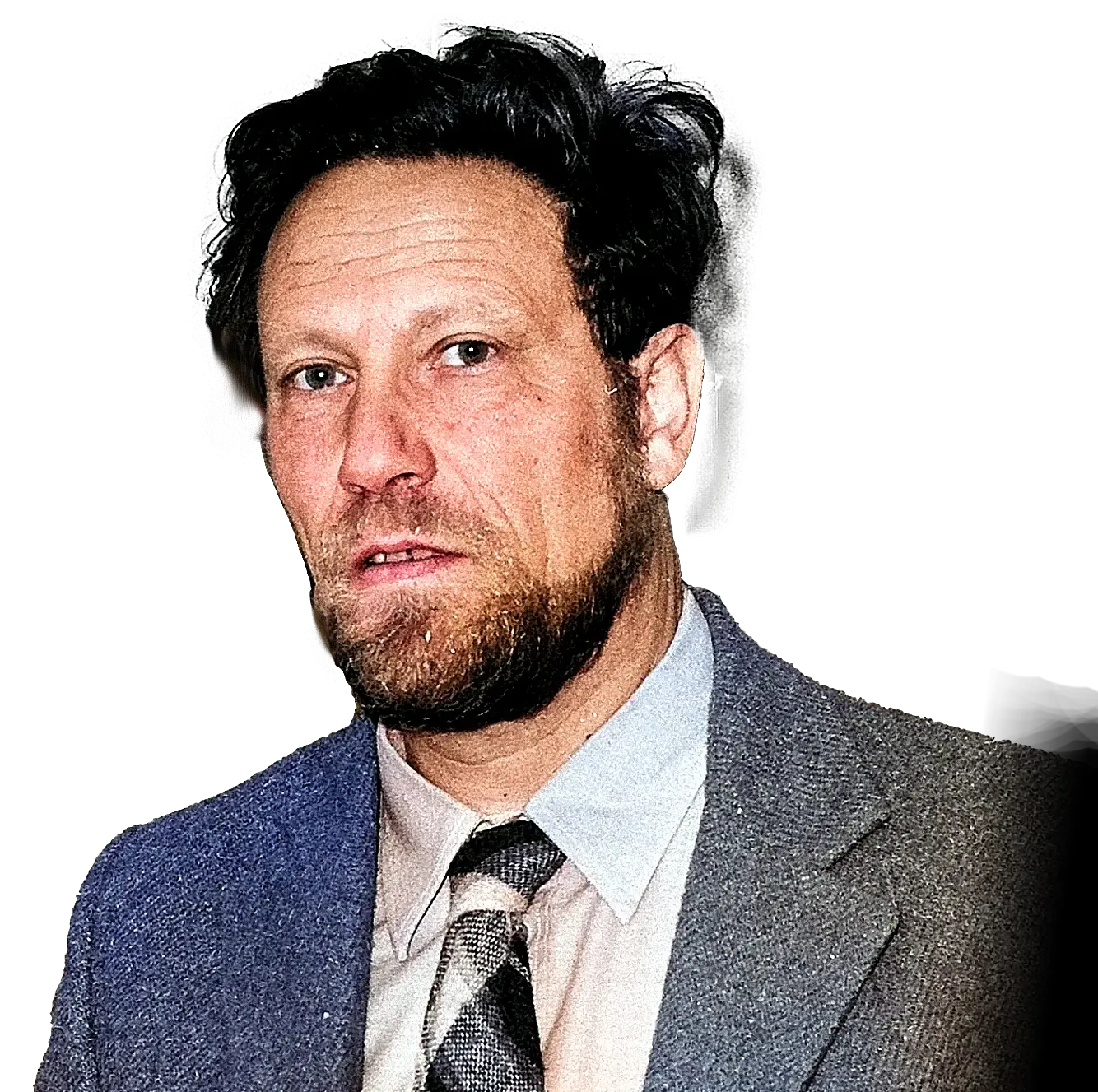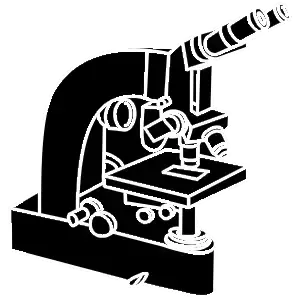It is to be hoped that neither you nor anyone you know will ever need a donor organ. But should this nevertheless happen, your doctors will first check whether the organ in question matches your body. To do so they will look at the so-called HLA antigen, both yours and the donor’s. These antigens regulate the human immune system and if the two do not match your body will reject the donor organ. One of the discoverers of this role of the HLA was Leiden physician Jon van Rood.
Antigens
Antigens are molecules that recognise viruses and bacteria as foreign to the body. When this happens, they trigger the immune system to produce antibodies to combat the foreign intruders.
As a result, antigens play an essential role in organ transplantation and blood transfusion: they may also perceive the newly introduced organ as foreign to the body and immediately launch a life-threatening immune reaction to reject the new organ.
A particularly crucial antigen in this context is the HLA (human leucocyte antigen). The immune response is triggered in the event of a poor match between the HLA of the patient and that of the donor. Establishing a person’s HLA type, which is genetically determined, is therefore quite literally a question of life or death in organ transplantation. Van Rood was one of the world’s greatest pioneers in the area of HLA.
Transplants
Johannes Joseph (Jon) van Rood was born in The Hague in 1926. He went on to study medicine in Leiden and defended his PhD dissertation in 1962 on HLA research, at an early stage in the development of this field. In 1966 he was appointed Leiden Professor of Immunohematology, the science that studies the role of blood in our immune system.
As a professor, Van Rood proceeded with his HLA research with great success. His work proved to play a crucial role in the transplantation of bone marrow, heart, liver, kidney and stem cells. In 1967 he launched Eurotransplant, the first kidney donor bank. The first kidney transplant took place in 1966 in Leiden. The Belgian Air Force played a role in this operation, transporting the donor kidney, which was located in Leuven, to Leiden by helicopter.
In 1968 HLA-typing made it possible to perform the first bone marrow transplantations in children suffering from leukaemia. In 1970 Van Rood founded Europdonor, the largest European donor bank for stem cells. All these important institutions are located in Leiden, in the building of the Sanquin Blood Bank.
Saving lives
In 1978 Van Rood was awarded the highly prestigious Wolf Prize in medicine. He is thus far the only Dutch person to have been awarded this distinction. Van Rood retired in 1991, although he continues to work to this day.
In 2009, as an 83-year-old researcher Van Rood and colleagues published a new method for donor selection of umbilical cord blood that made it possible to help many patients suffering from leukaemia. In 2010, the Jon J. van Rood Centre for Transfusion Medicine, named after him, was opened in Leiden. Van Rood’s pioneering work has saved many lives.

